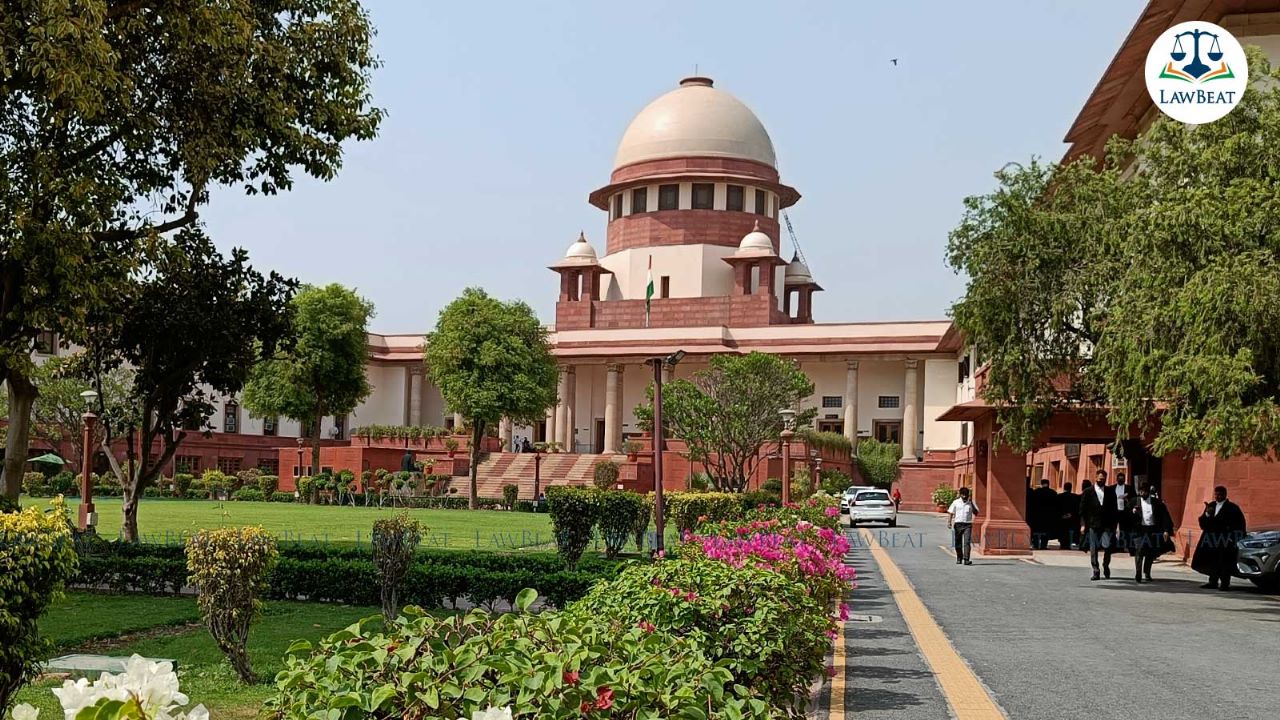Chargesheet filed without sanction is not incomplete in terms of Section 173(5) CrPC: Supreme Court

"According sanction is the duty of the sanctioning authority who is not connected with the investigation at all. In case the sanctioning authority takes some time to accord sanction, that does not vitiate the final report filed by the investigating agency before the Court", the Top Court has held.
A chargesheet filed without sanction is not an incomplete chargesheet which could be termed as not in consonance with sub section (5) of Section 173 of the Criminal Procedure Code (CrPC).
"Whether the sanction is required or not under a statute, is a question that has to be considered at the time of taking cognizance of the offence and not during inquiry or investigation. There is a marked distinction in the stage of investigation and prosecution. The prosecution starts when the cognizance of offence is taken. It is also to be kept in mind that cognizance is taken of the offence and not of the offender. It cannot be said that obtaining sanction from the competent authorities or the authorities concerned is part of investigation. Sanction is required only to enable the court to take cognizance of the offence", a bench of CJI Chandrachud and Justice JB Pardiwala has held.
It has been further held that a court may take cognizance of the offence after the sanction order is produced before it, but the moment, the final report is filed along with the documents that may be relied on by the prosecution, then the investigation will be deemed to have been completed.
"Taking cognizance is entirely different from completing the investigation. To complete the investigation and file a final report is a duty of the investigating agency, but taking cognizance of the offence is the power of the court. The court in a given case, may not take cognizance of the offence for a particular period of time even after filing of the final report. In such circumstance, the accused concerned cannot claim their indefeasible right under Section 167(2) of the CrPC for being released on default bail", the judgment adds.
Furthermore, what is contemplated under Section 167(2) of the CrPC, the Supreme Court clarified, is that the Magistrate or designated Court (as the case may be) has no powers to order detention of the accused beyond the period of 180 days or 90 days or 60 days as the case may be.
If the investigation is concluded within the prescribed period, no right accrues to the accused concerned to be released on bail under the proviso to Section 167(2) of the CrPC, the CJI led bench has held.
Holding that filing of a chargesheet is sufficient compliance with the provisions of Section 167 of CrPC, the Supreme Court has added that an accused cannot claim any indefeasible right of being released on statutory/default bail under Section 167(2) of the CrPC on the ground that cognizance has not been taken before the expiry of the statutory time period to file the chargesheet.
On Role of Sanctioning Authority:
The Supreme Court in this regard has held that once a final report has been filed with all the documents on which the prosecution proposes to rely, the investigation shall be deemed to have been completed and the investigating officer can the send a copy of the final report along with the evidence collected and other materials to the sanctioning authority to enable the sanctioning authority to apply his mind to accord sanction.
"According sanction is the duty of the sanctioning authority who is not connected with the investigation at all. In case the sanctioning authority takes some time to accord sanction, that does not vitiate the final report filed by the investigating agency before the Court", the judgment observes.
It has been further held that Section 173 of the CrPC does not speak about the sanction order at all, whereas Section 167 speaks only about investigation and not about cognizance by the Magistrate.
Therefore, once a final report has been filed, that is the proof of completion of investigation and if final report is filed within the period of 180 days or 90 days or 60 days from the initial date of remand of accused concerned, he cannot claim that a right has accrued to him to be released on bail for want of filing of sanction order, the top court has held.
"Section 173(5) of the CrPC, of course, requires all the documents or the relevant extracts thereof on which the prosecution proposes to rely on, to accompany the final report. Sanction order cannot be brought within the category of those documents contemplated under clause (5) to Section 173 of the CrPC. The grant of sanction is altogether a different act to be performed by the Government concerned under Section 45 of the UAPA", the bench has remarked.
Case Title: Jasbir Singh vs. NIA
